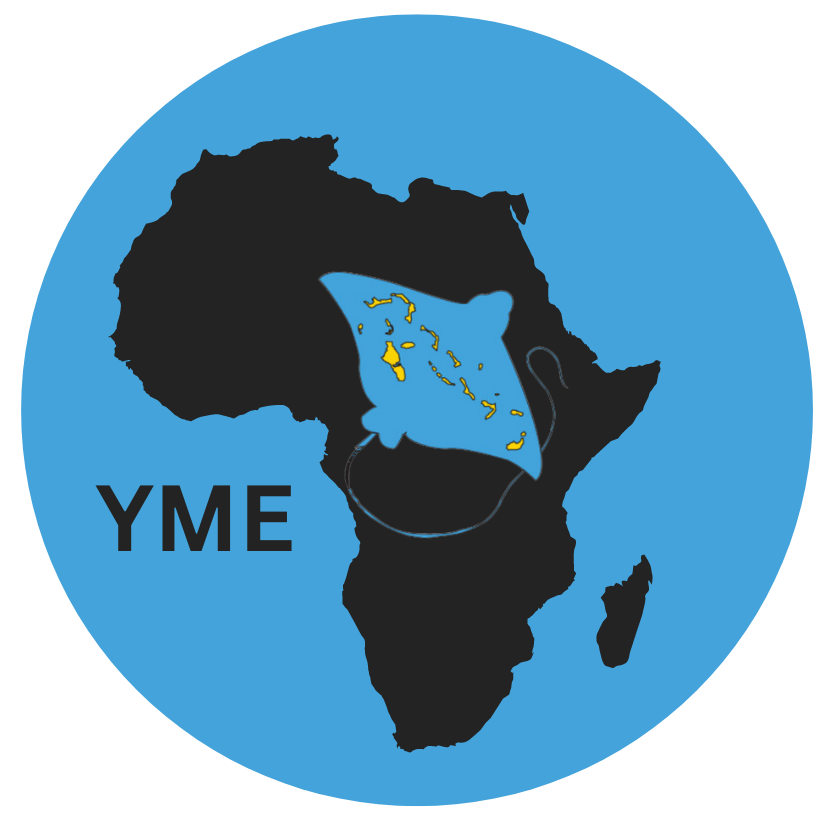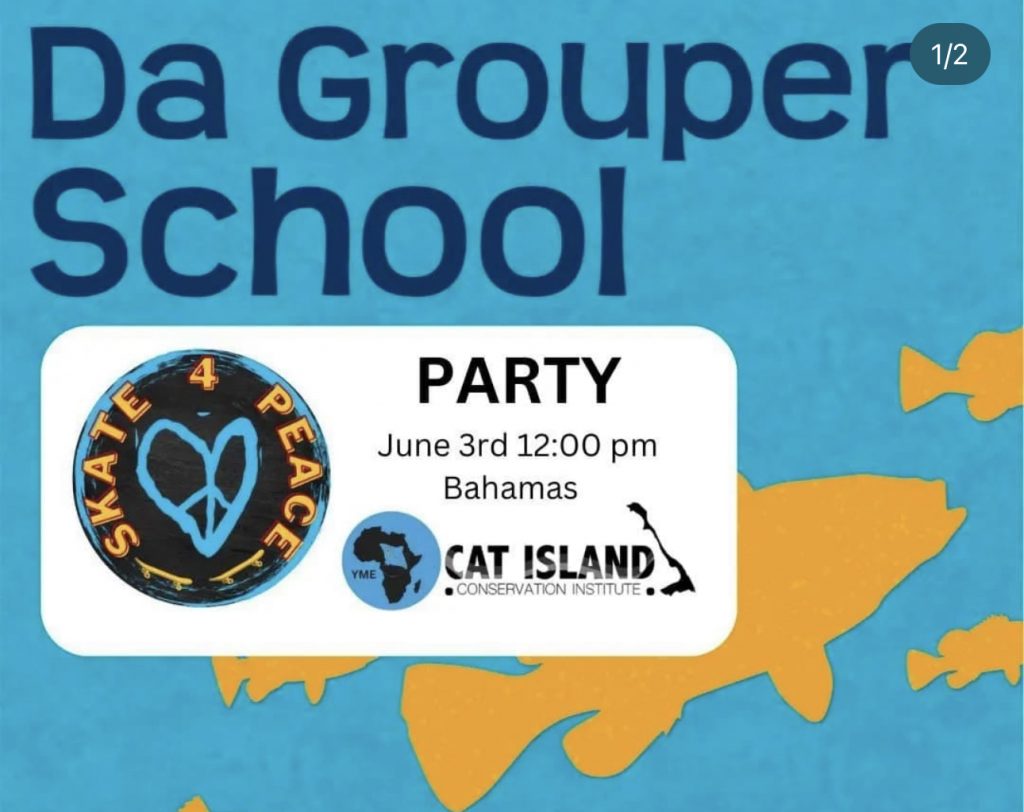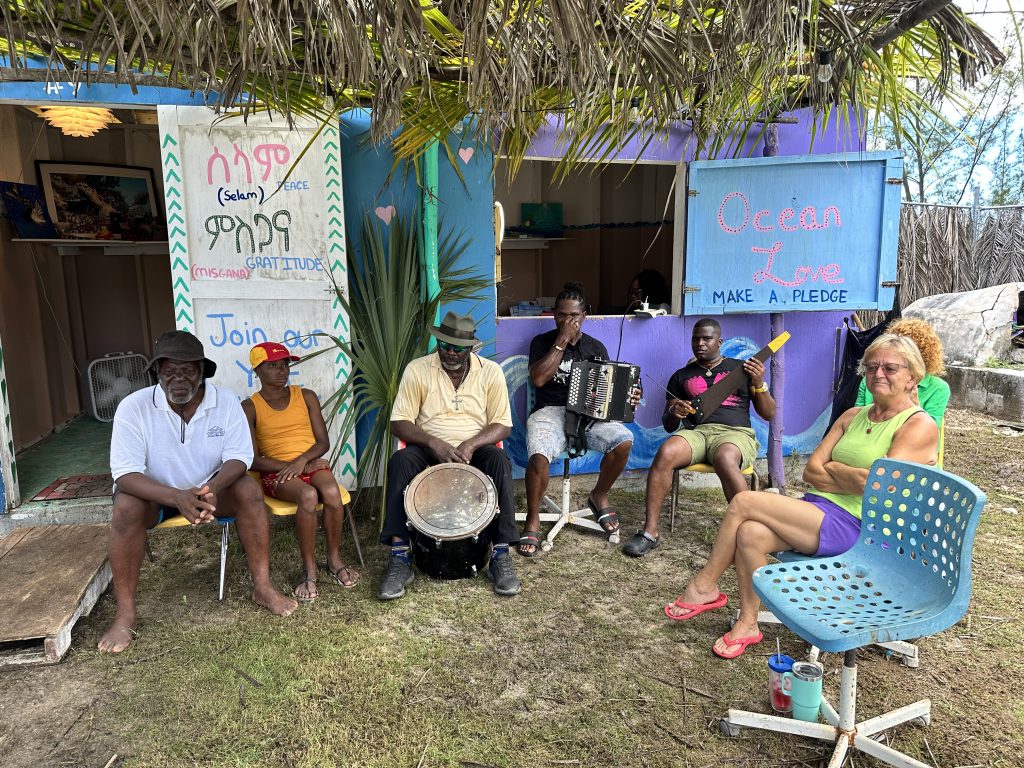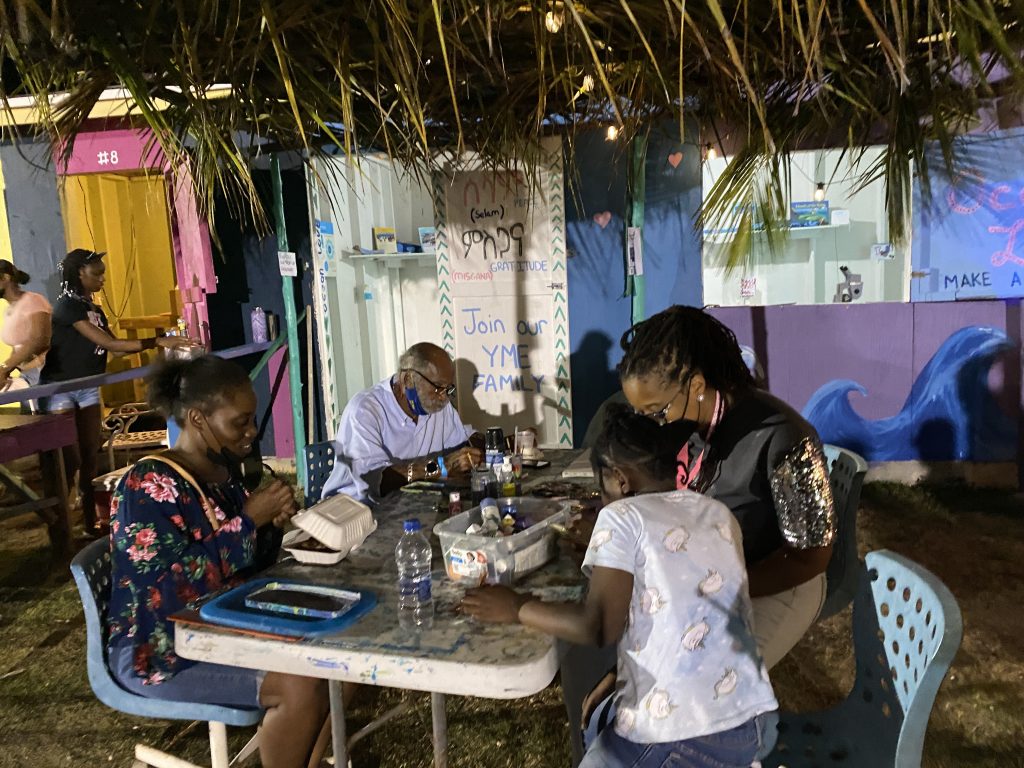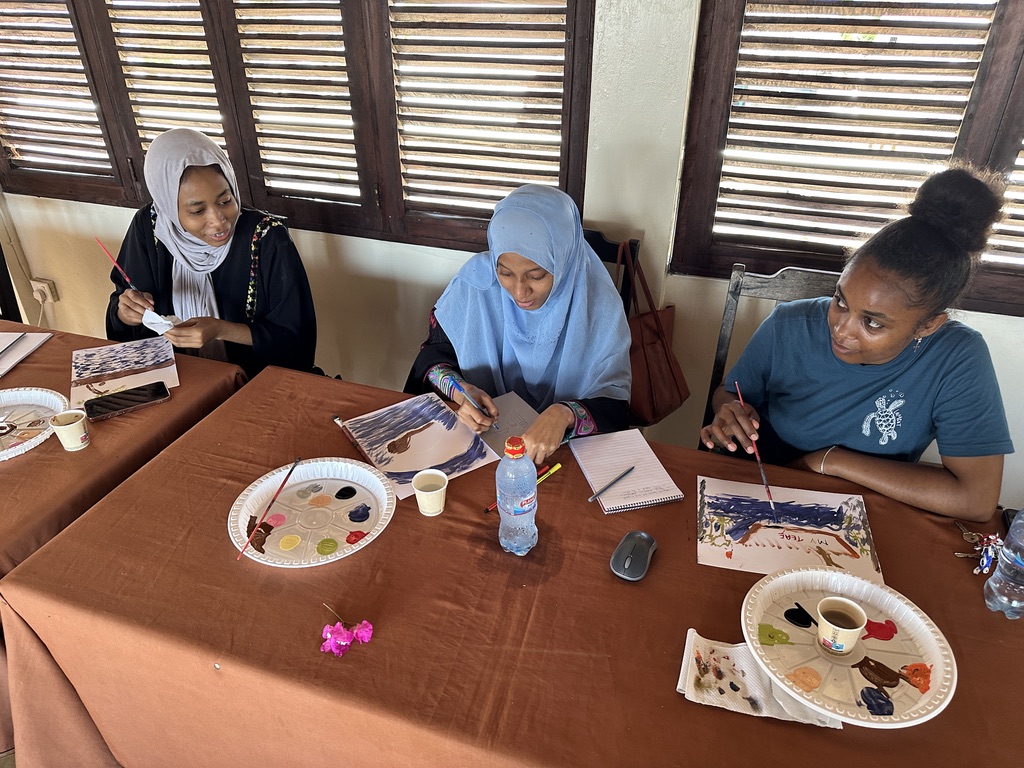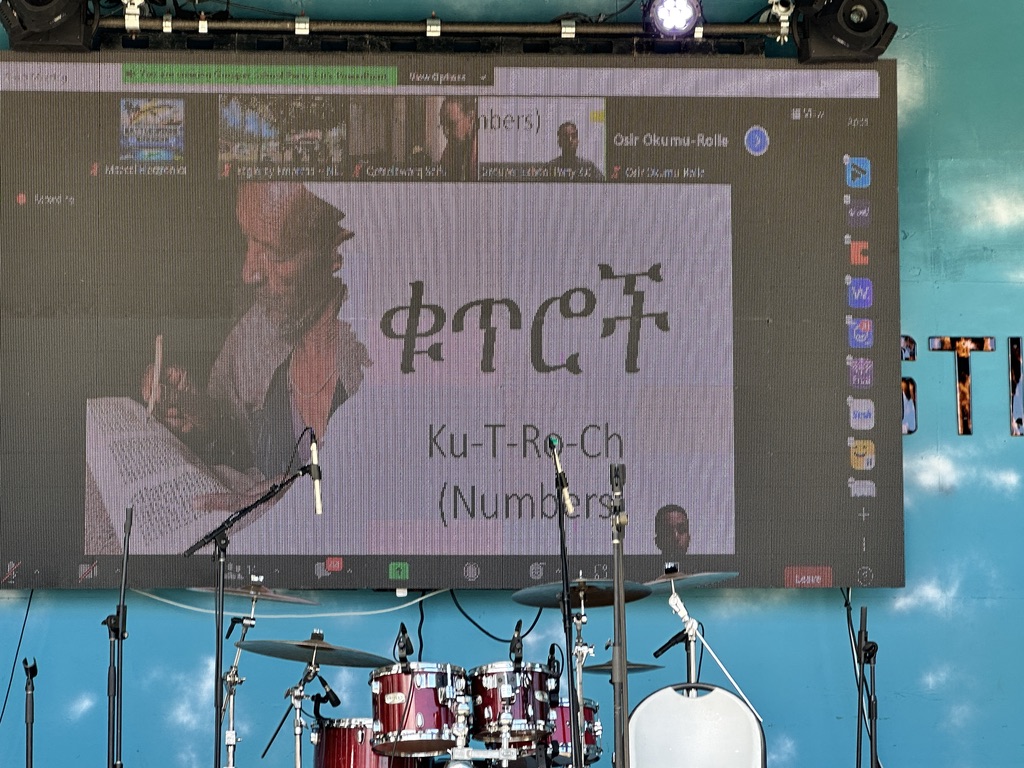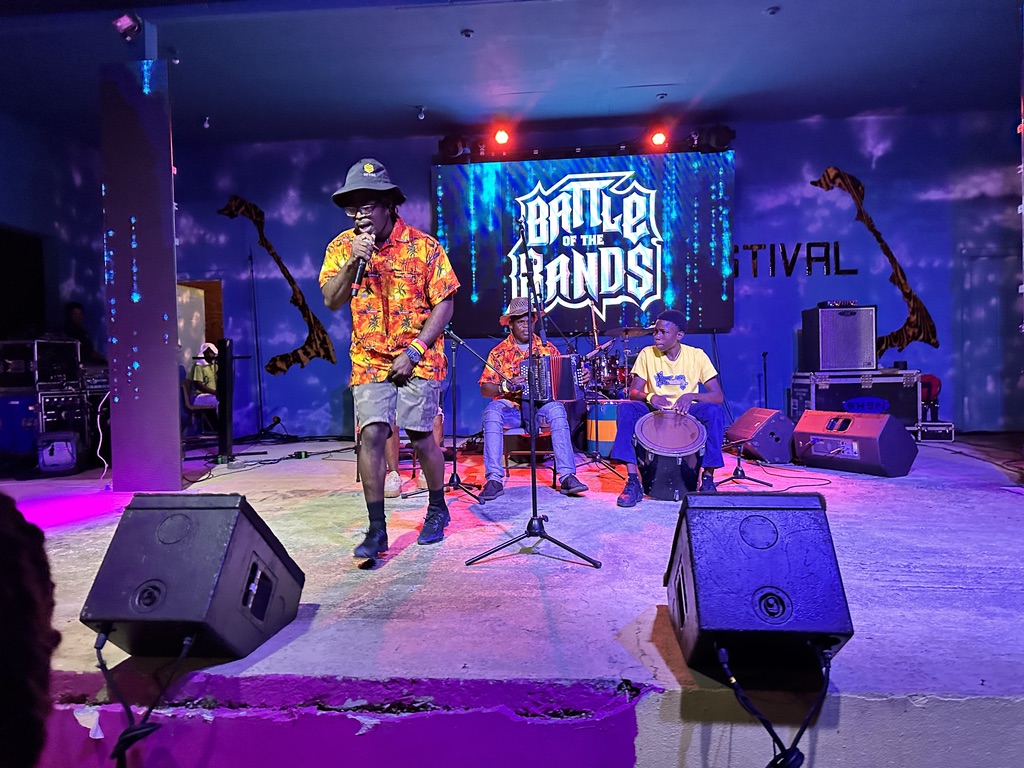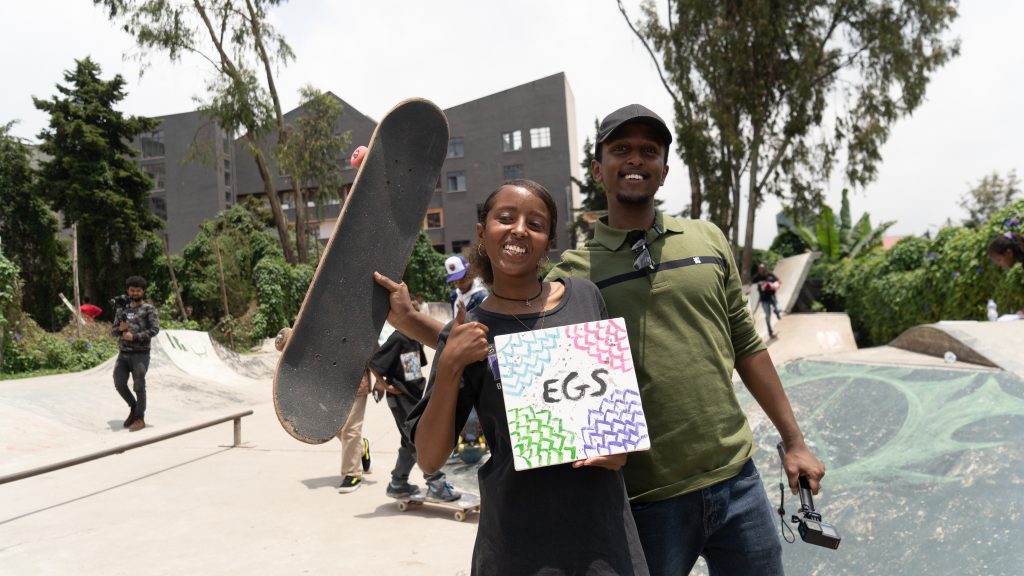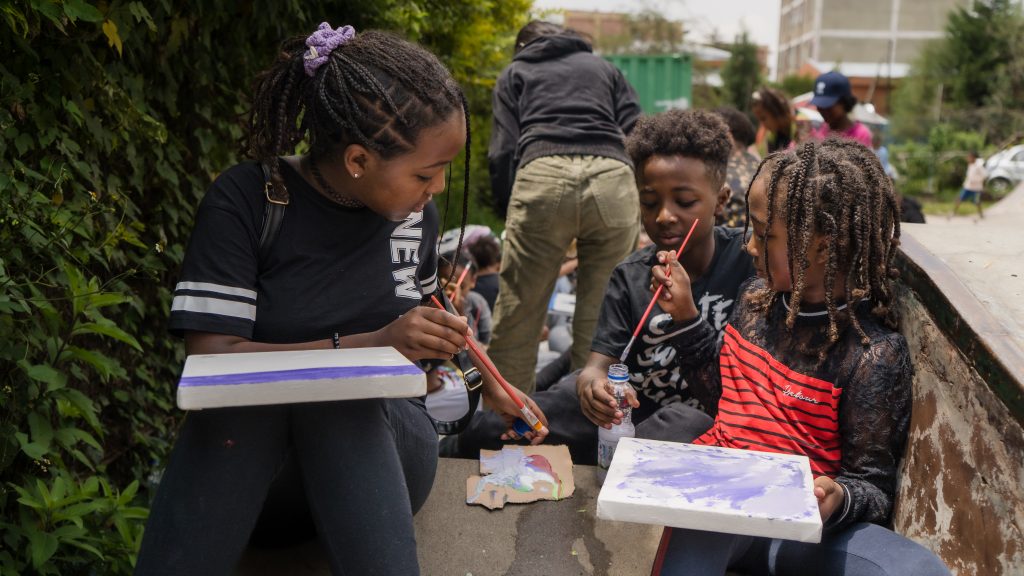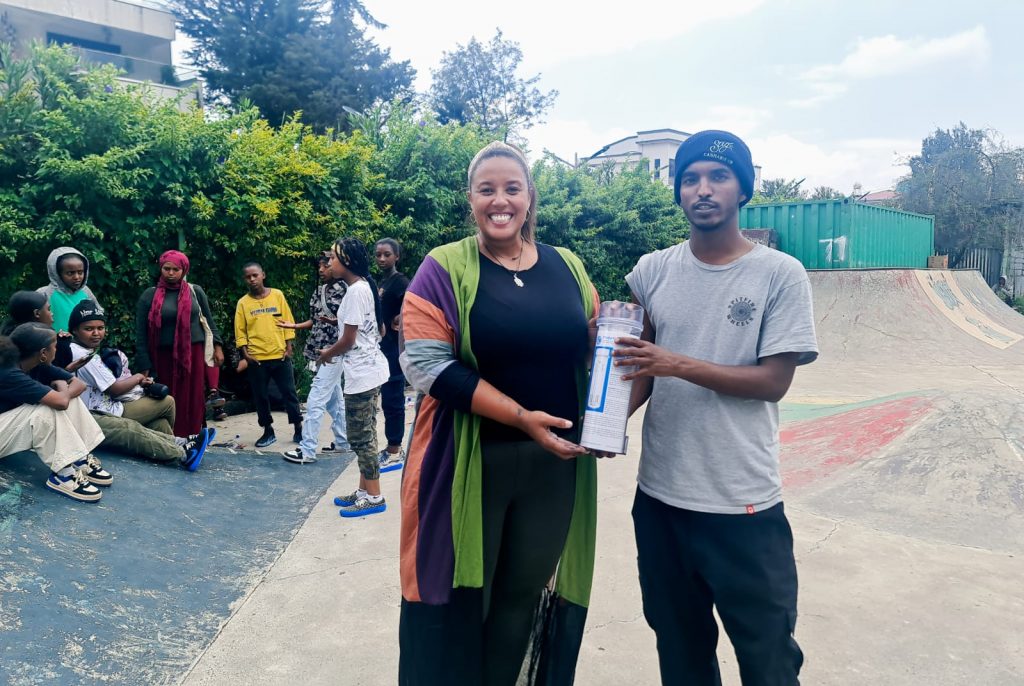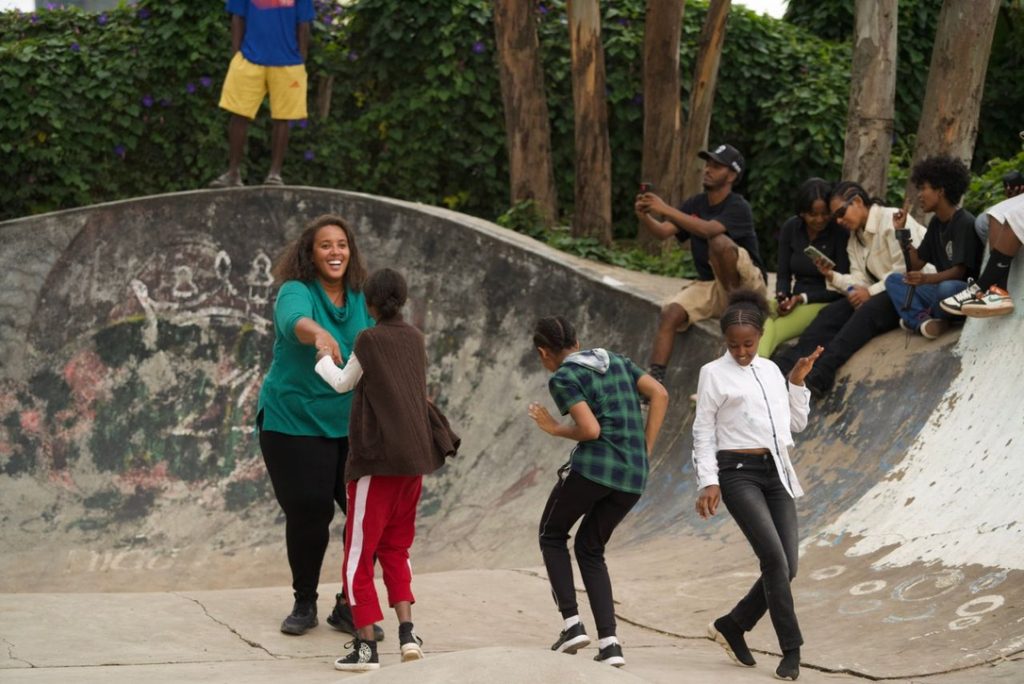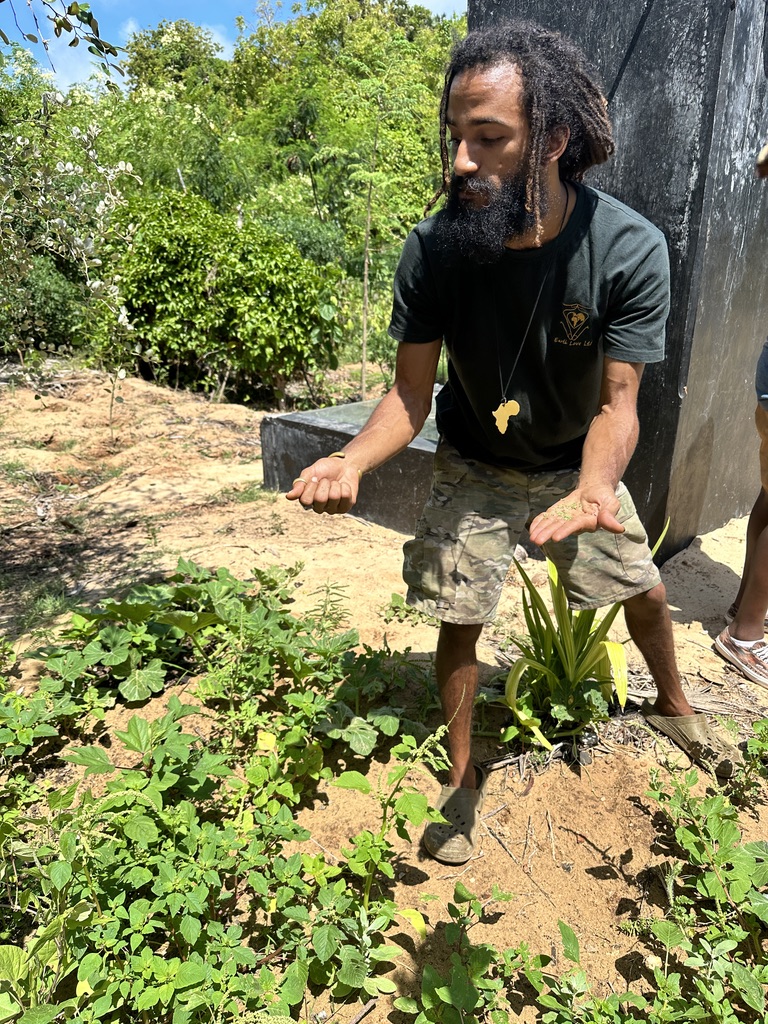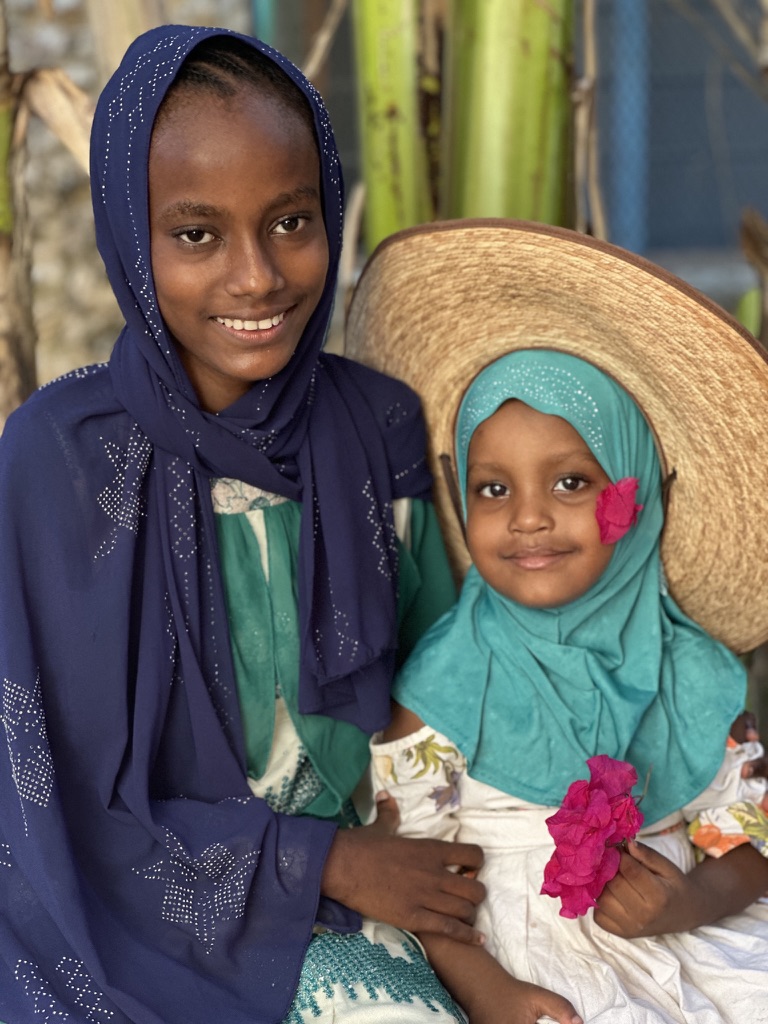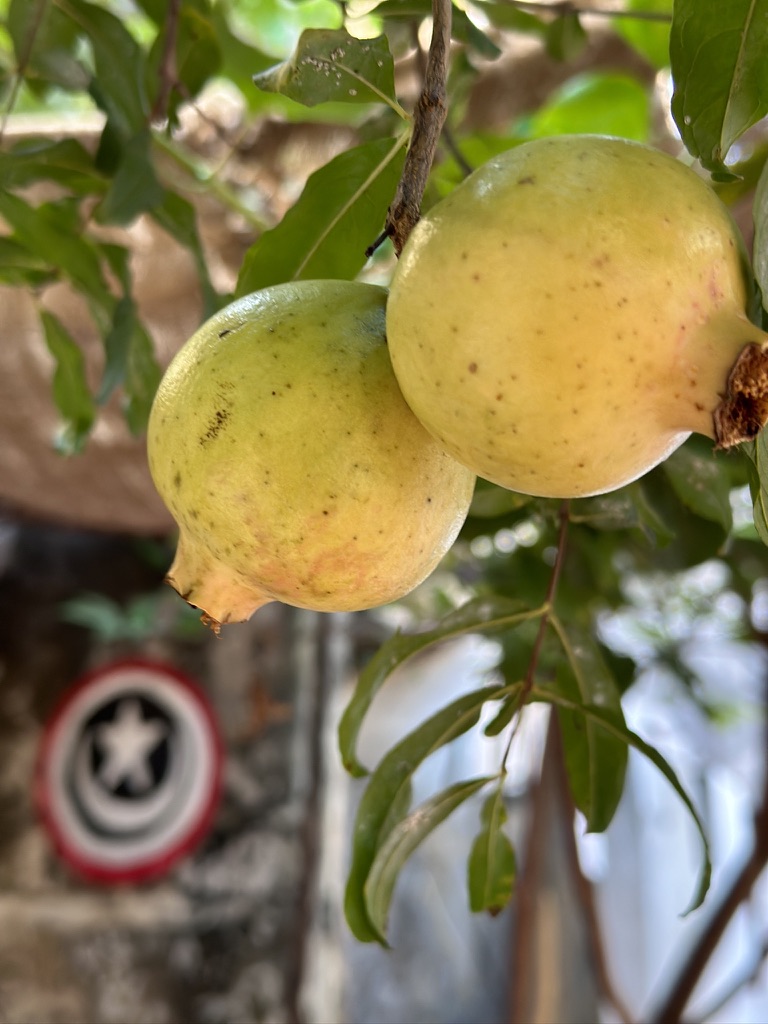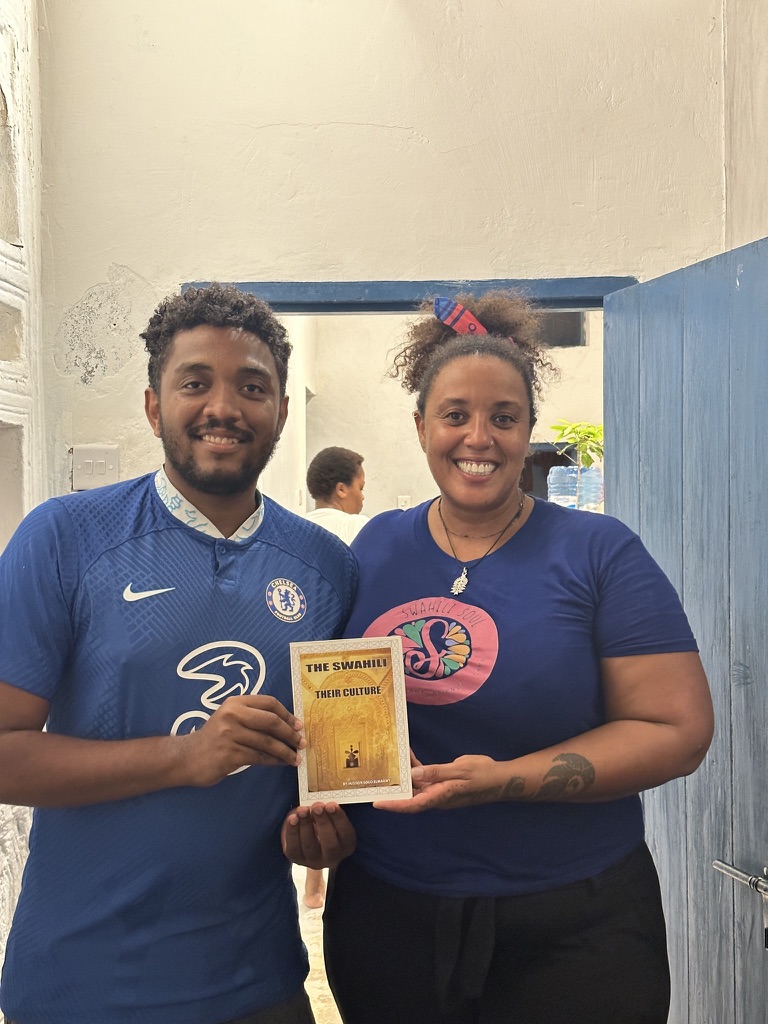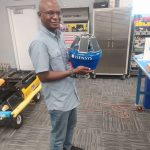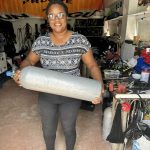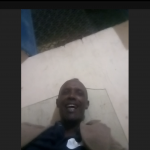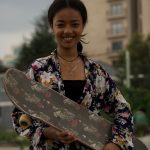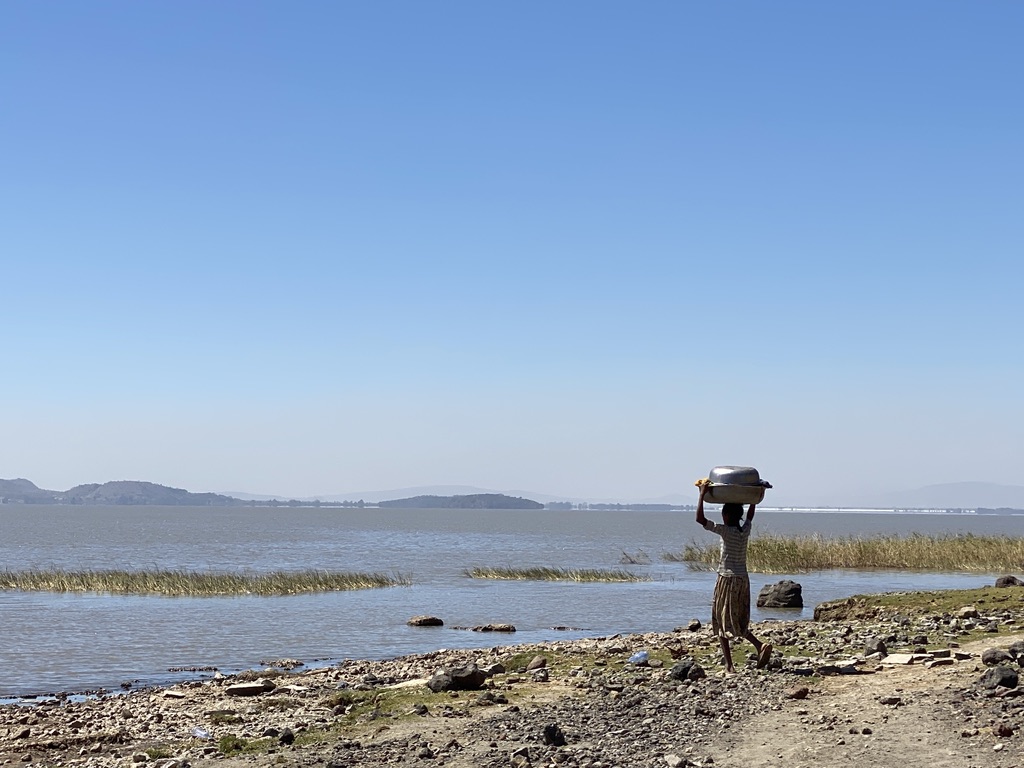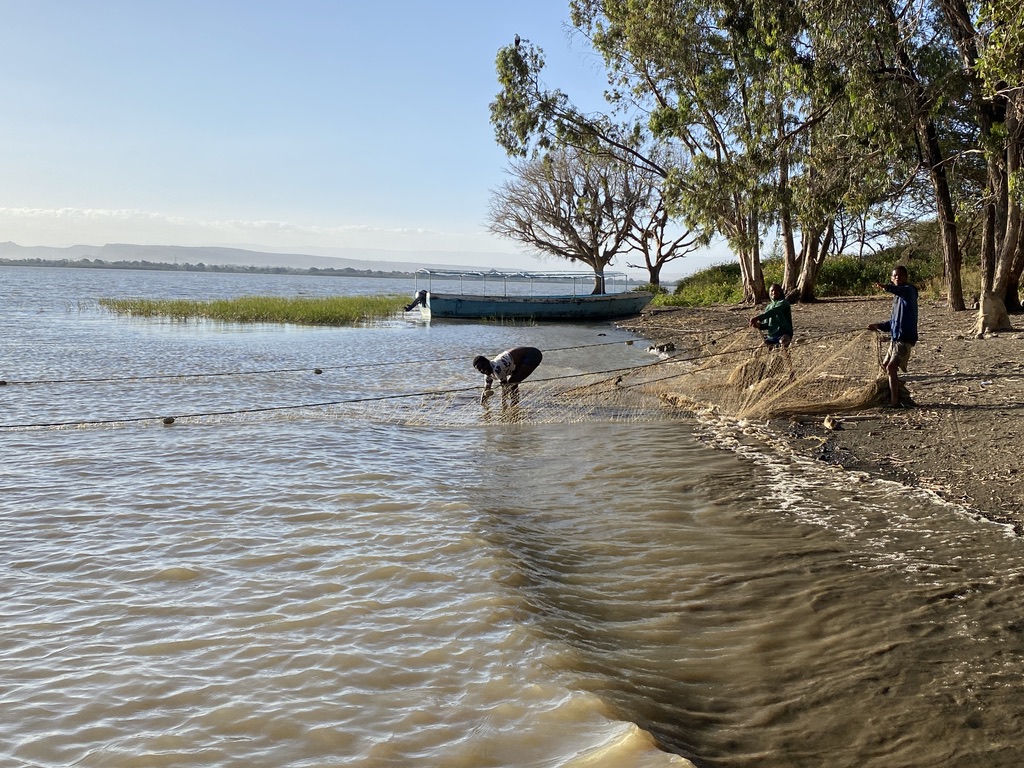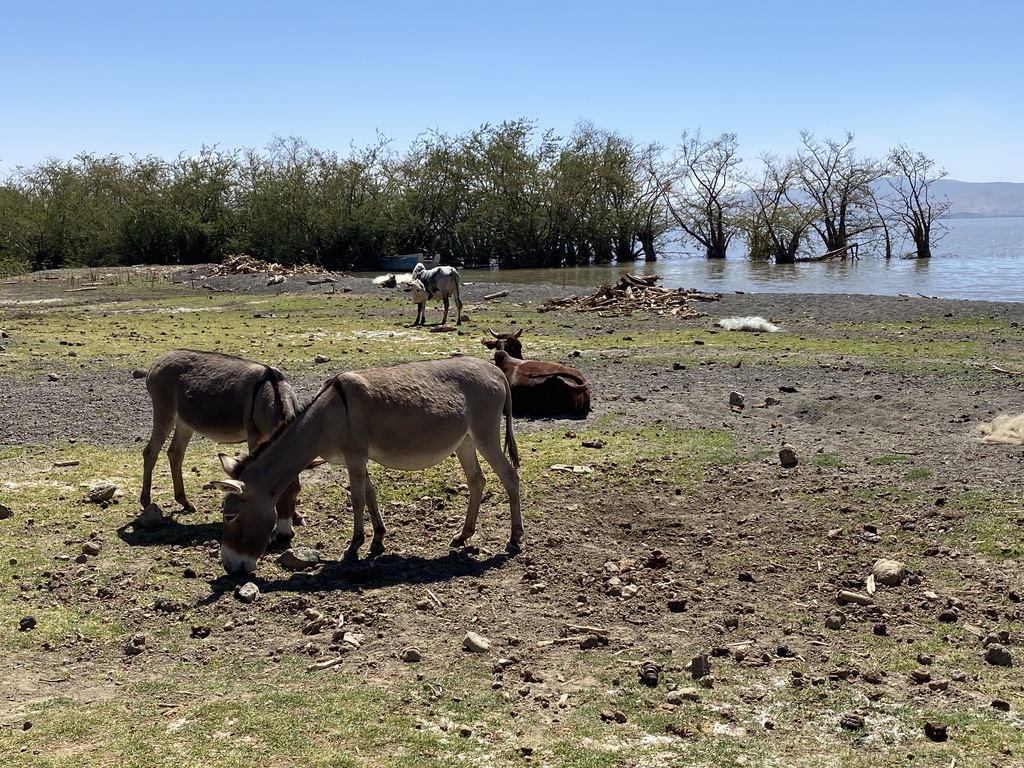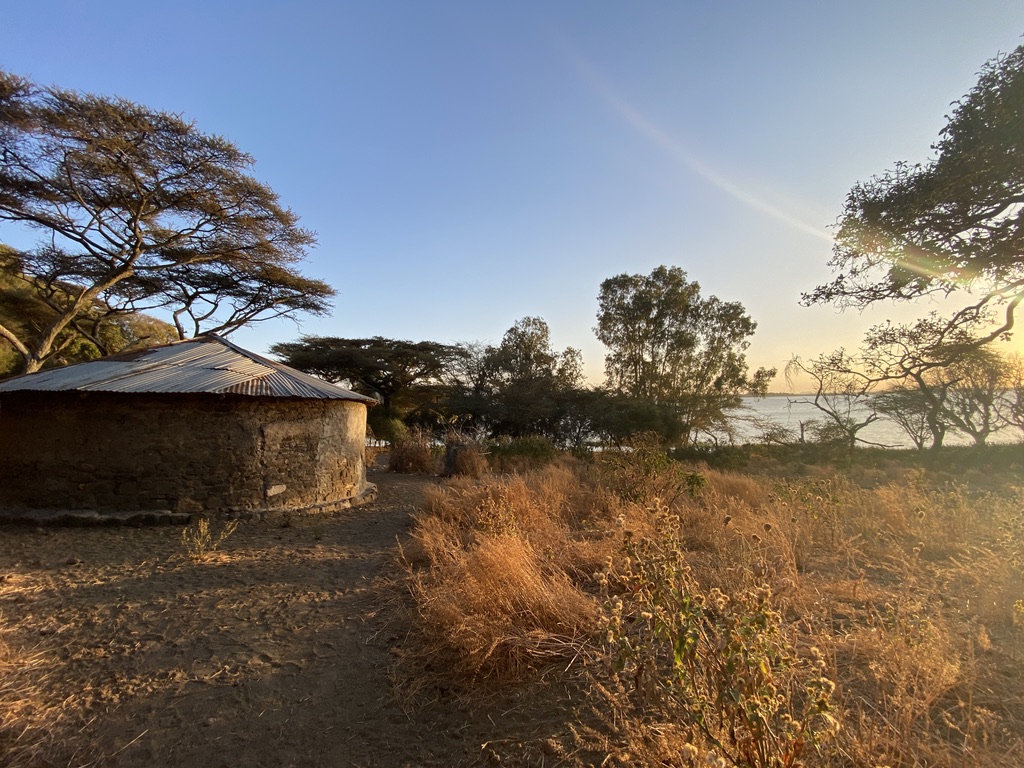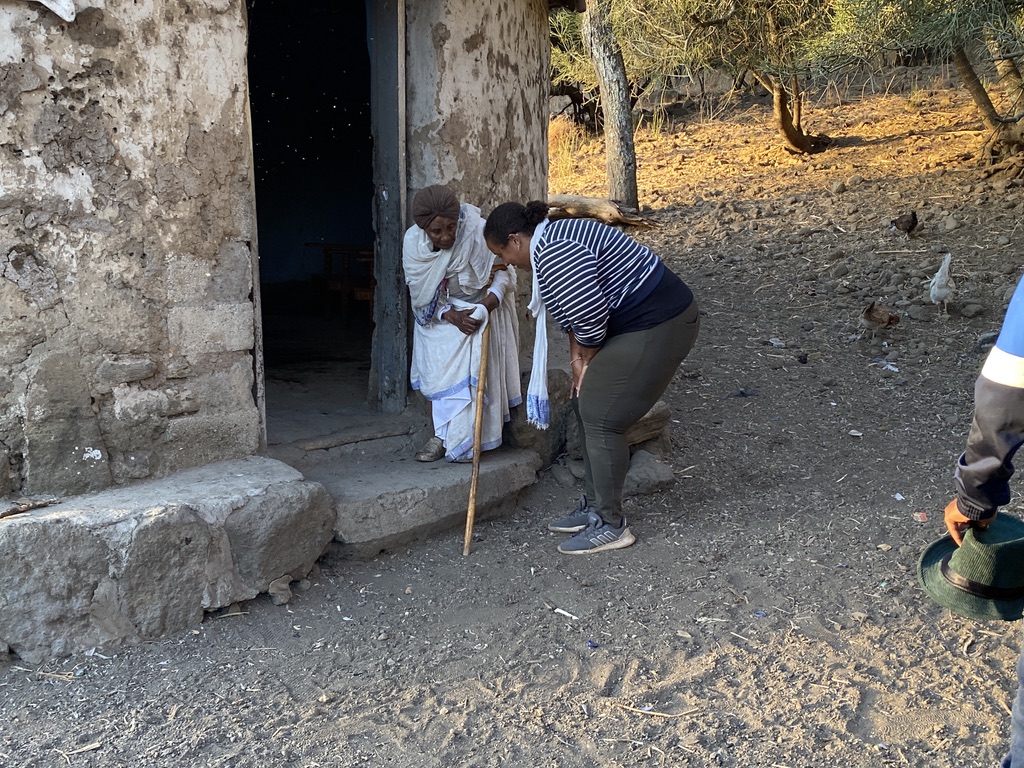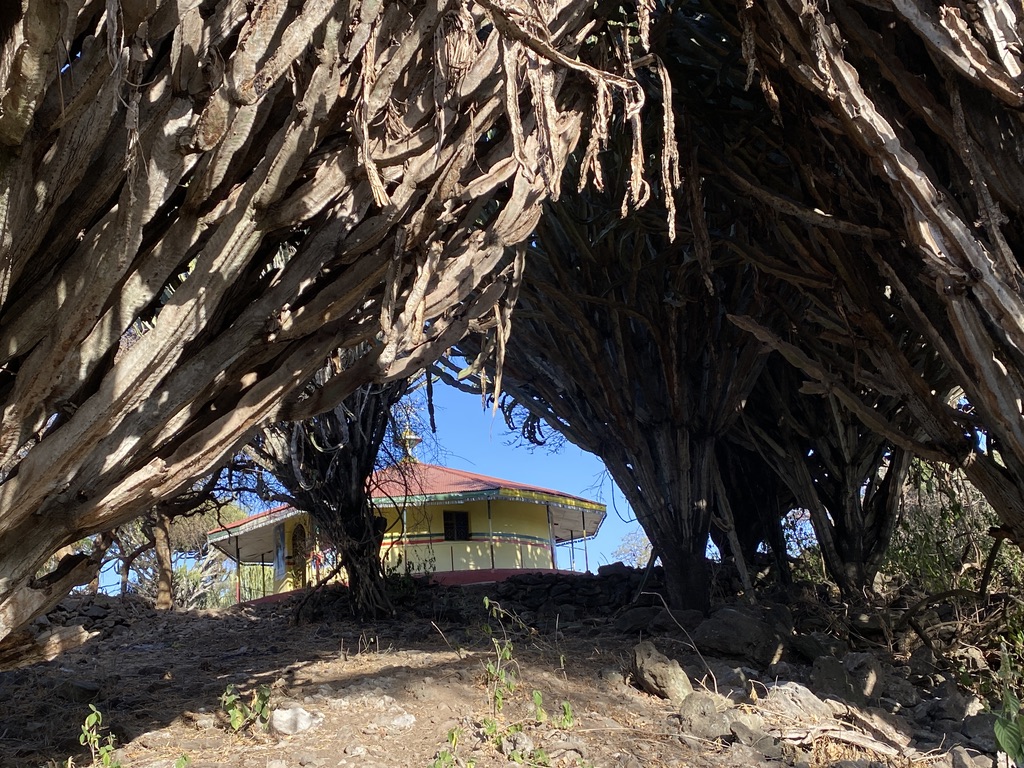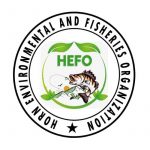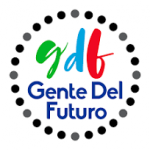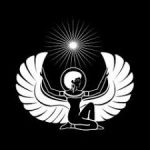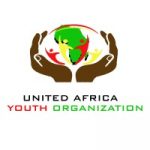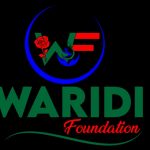“Highly dependent on marine resources, a large number of African countries and Small Island Developing States (SIDS) are at various stages on the path to sustainable ocean management, facing both major challenges and great opportunities. To unlock this potential, the UN Decade of Ocean Science for Sustainable Development 2021-2030 (‘Ocean Decade’) continues to innovate, adapting to a changing environment and recognizing the specific needs of under-represented geographical regions. ” The UN Ocean Decade launched a Call for Decade Actions that aim to fill gaps in knowledge and capacity development for Africa and Caribbean SIDS through a tailored and inclusive participatory process to co-design Decade Actions that meet local and regional needs.
Within this context YME Bahamas working with partners based in Somalia, Kenya, and Ethiopia have proposed the following Decade Action.
Community-based Ocean Science is an important skill to be developed in coastal communities. In order to ensure sustainable Ocean management community members from SIDS, coastal communities and landlocked nations must be met where they are and trained to be able to equitably participate in the opportunities and economic benefits provided by the ocean, while also co-creating and implementing ocean conservation and management plans. Human health and the health of the Ocean are inextricably linked creating a greater urgency for ocean literacy and strengthening the capacities and skills of community members and Early Career Ocean Professionals (ECOPs) in these marginalized communities.
This Decade Action seeks to see the expansion of The Grouper School in The Bahamas, Kenya, Somalia, and Ethiopia. Within our communities, there is a need to: Understand the state of and reduce the quantity of marine and coastal pollution, protect and restore ecosystems and biodiversity, cultivate a sustainable and equitable ocean economy, support sustainable fisheries, understand how ocean-based solutions to climate change can support quality of life and resilience, increase community resilience to Ocean hazards and community-based ocean observation systems
The Grouper School is a global Ocean Science Capacity Building Community that utilises a culturally relevant approach that intertwines dance, art, science, technology, and engineering in a dynamic learning community focused on answering applied research questions that address global data gaps critical to the co-design of research-driven policy and solution to the ocean-climate-biodiveristy-
The Grouper School seeks to facilitate the long-term participation of community members in certified community science (paid) projects that are strategically designed to reduce data gaps that exist within LDC’s, and SIDS. The Grouper School focuses on the co-creation and implementation of solutions found at the Ocean-Climate-Biodiversity-
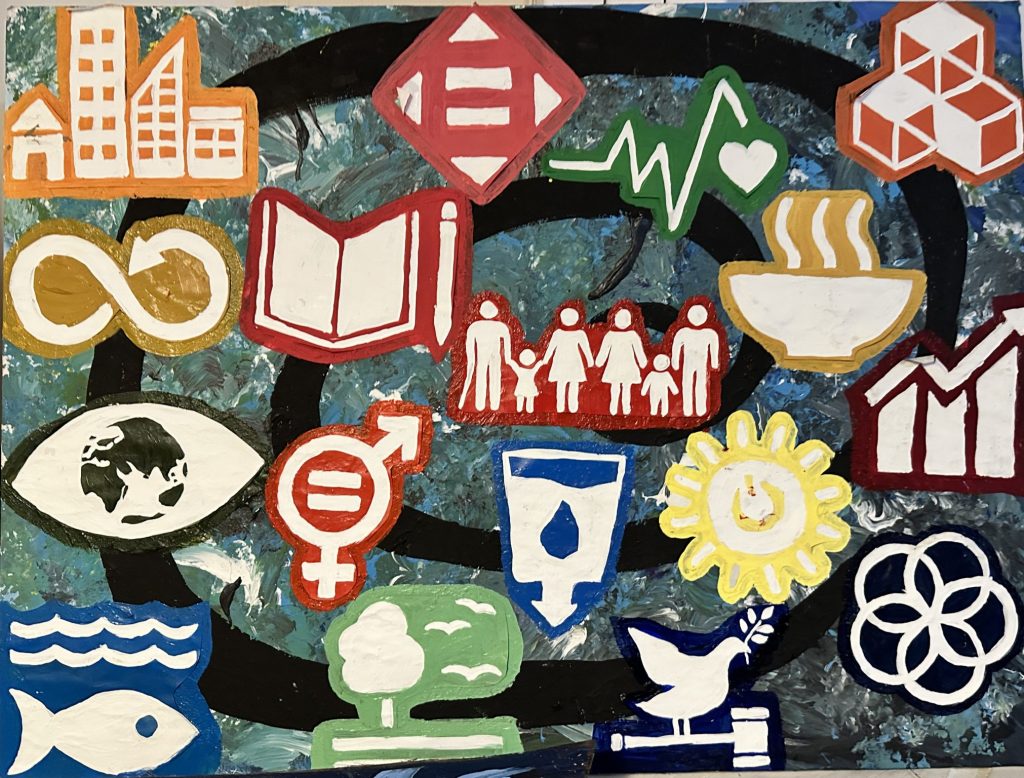
The Grouper school meets 4 times a year in a Hybrid format where participants share high-level reflections on the collective research questions they are studying. Our high-level questions include: 1) How much rain falls in my community? 2) What is the biodiversity that surrounds me? 3) How is the chemistry of the ocean changing?
The Grouper School trains Community Leaders who will facilitate at least one of the following community research projects.
Water: Install rain gauge and record a full year of precipitation data in Lamu, Kenya, Berbera and Zeila in the Somaliland region of Somalia, Cat Island and New Providence Island in The Bahamas, and Addis Ababa (and possibly Ziway) in Ethiopia to understand how rainfall differs between different communities and how this is impacting community wellbeing. This addresses major data deficiencies that exist in our regions and helps community members get a better understanding of how precipitation patterns are changing. This data is critical to understanding climatic patterns and building resilience in water scarce regions. The water-ocean nexus is a critical intersection and improving science literacy around the water cycle is foundational to sound ocean science.
Climate Resilient Communities: Resilient coastal communities are comprised of people who have the skills, tools and resources to participate in the opportunities of the sustainable blue economy. This action will seek to train a minimum of 6 Science Divers from each of the Grouper School communities and install Ocean Observation Bouys (Lamu, Kenya, Berbera and Zeila in the Somaliland region of Somalia, Cat Island and Nassau Bahamas, and Addis Ababa, Ethiopia).
Biodiversity: Build ROVs to expand our understanding of marine technology and use the ROV equipped with a go-pro to document the biodiversity in the nearshore coastal areas of our communities ( Lamu, Kenya, Berbera and Zeila in the Somaliland region of Somalia, Cat Island and Nassau Bahama, and Addis Ababa, Ethiopia )
Heritage: Collectively learning the Amharic & KiSwahili language is a critical tool in being able to receive indigenous knowledge that will guide the co-creation of our long-term global research projects.
Dance: Movement through dance is an engagement mechanism used during the Grouper School parties
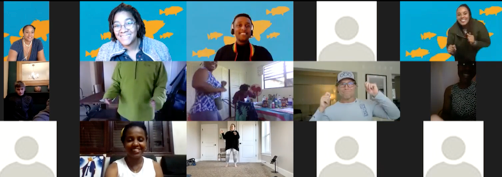
Art: Painting is a pedagogical modality used to establish trust with communities and support non-traditional learners in retaining and processing complex subjects.
Our communities have been left behind. We need to become the leaders of Ocean Science and Conservation Planning within our respective communities. In order to do this we must understand that as a world we have one ocean and that to produce the science that we want for the ocean that we need we must work beyond geopolitical boundaries and see ourselves as one people.
The only meaningful way forward for Africa and the Caribbean to leapfrog our way into the Ocean Knowledge economy is to ensure that capacity building for ocean science is coupled with systematic pathways to financial resources that support the implementation of long-term Ocean Science programmes. The Grouper School is a mechanism to support equity in the blue economy.
This Decade Action seeks to create a global solution that can be grounded and applied simultaneously in multiple countries and local communities. The Grouper School seeks to unite African and Caribbean communities through the development of the ocean science knowledge economy that will enable local communities to have access to data and the language of the UN so that we can better articulate for our development needs and justify the financial support required to enable equitable access to the opportunities that the ocean offers.
As local communities become better able to understand our realities doing this in contrast to other communities, especially at a global scale helps to better frame our collective understanding of global issues that may manifest differently in different communities.
Sound national policy must be informed by science, cultivating ocean science learning communities that advance the national discourse around the importance of science literacy but also help to facilitate brave learning spaces for peoples of all ages.
When multiple diverse communities are working together through science and policy design this supports science diplomacy for the Ocean, especially for the nations that have unequal access to ocean science and technology.
Ocean Observations and Forecasting Systems for Africa – the installation of rain gauges and ocean observation buoys will be systematically linked to local and national ocean observation centres where applicable and data shared with the relevant agencies. The objective of The Grouper School is to fill the data gaps required to improve the management of the ocean.
Our envisioned Co-Creators in Climate Action
Somalia – Ministry of Fisheries, Secure Fisheries, Berbera Maritime and Fisheries Academy, Somaliland Fisheries Association, Local Communities
Kenya – La Dulce Toro, Lamu Environmental Leaders, Local Communities and authorities
Bahamas – University of The Bahamas, Local Communities, Youth, Fishers
Ethiopia – Action 4 Peace 2030 Campaign, Green Thinkers Community Organization, Ethiopia Skate, Ethiopia Girl Skaters, Ziway Island Community,
As we proceed with the planning phase of this activity this stakeholder list will grow and be refined.
This proposal seeks to ensure that the most marginalised communities in the world have equitable access to the ocean. The project is focused on remote communities, the lead organisation is a youth-based organisation and our very ethos and project design is guided by indigenous and local knowledge.
Year one will require a minimum of $250,000.00 which will enable the initial installation of key observation equipment and support strategically co-designed research planning and capacity building. Year one funds will be sought through grant funding. One of the outputs from year one will be a comprehensive funding plan to scale The Grouper School’s programming and research.
